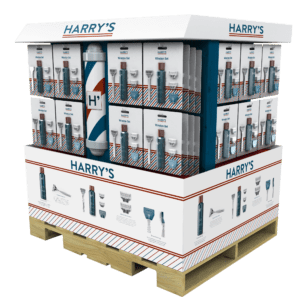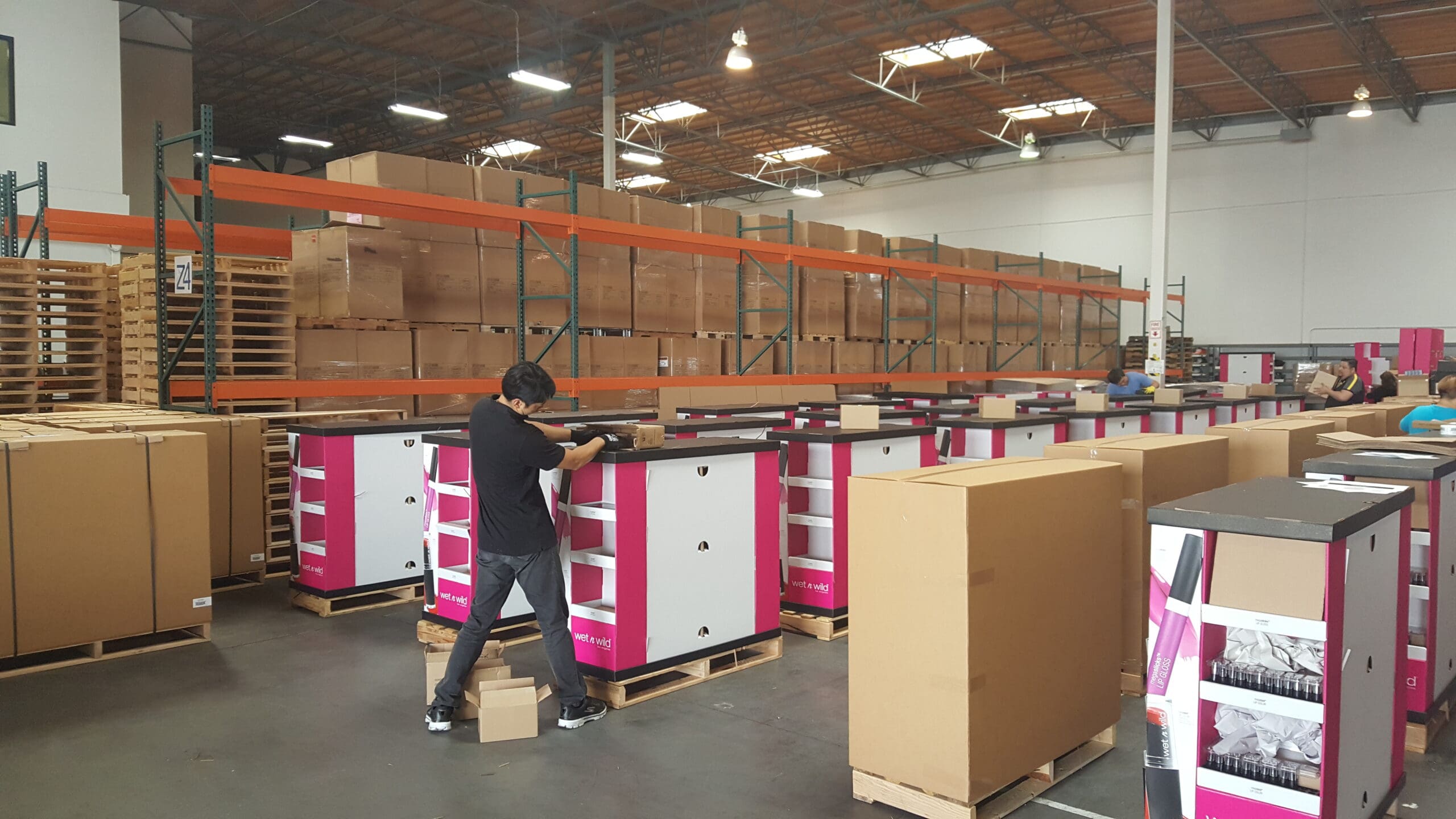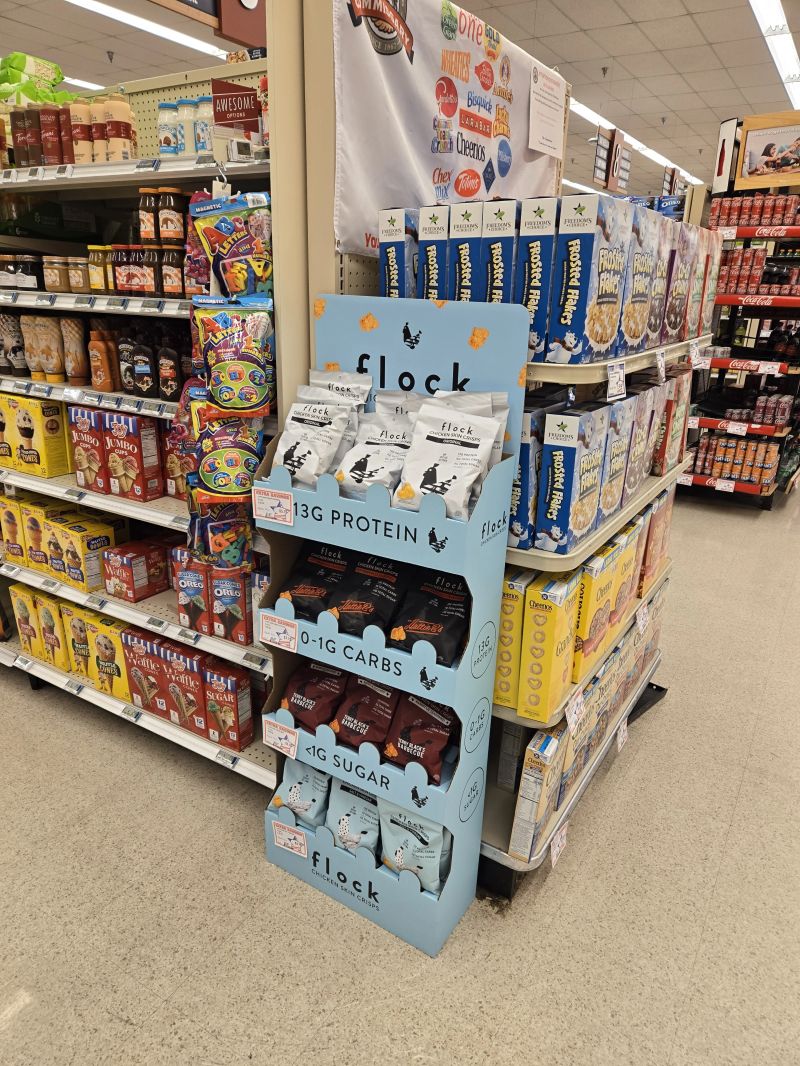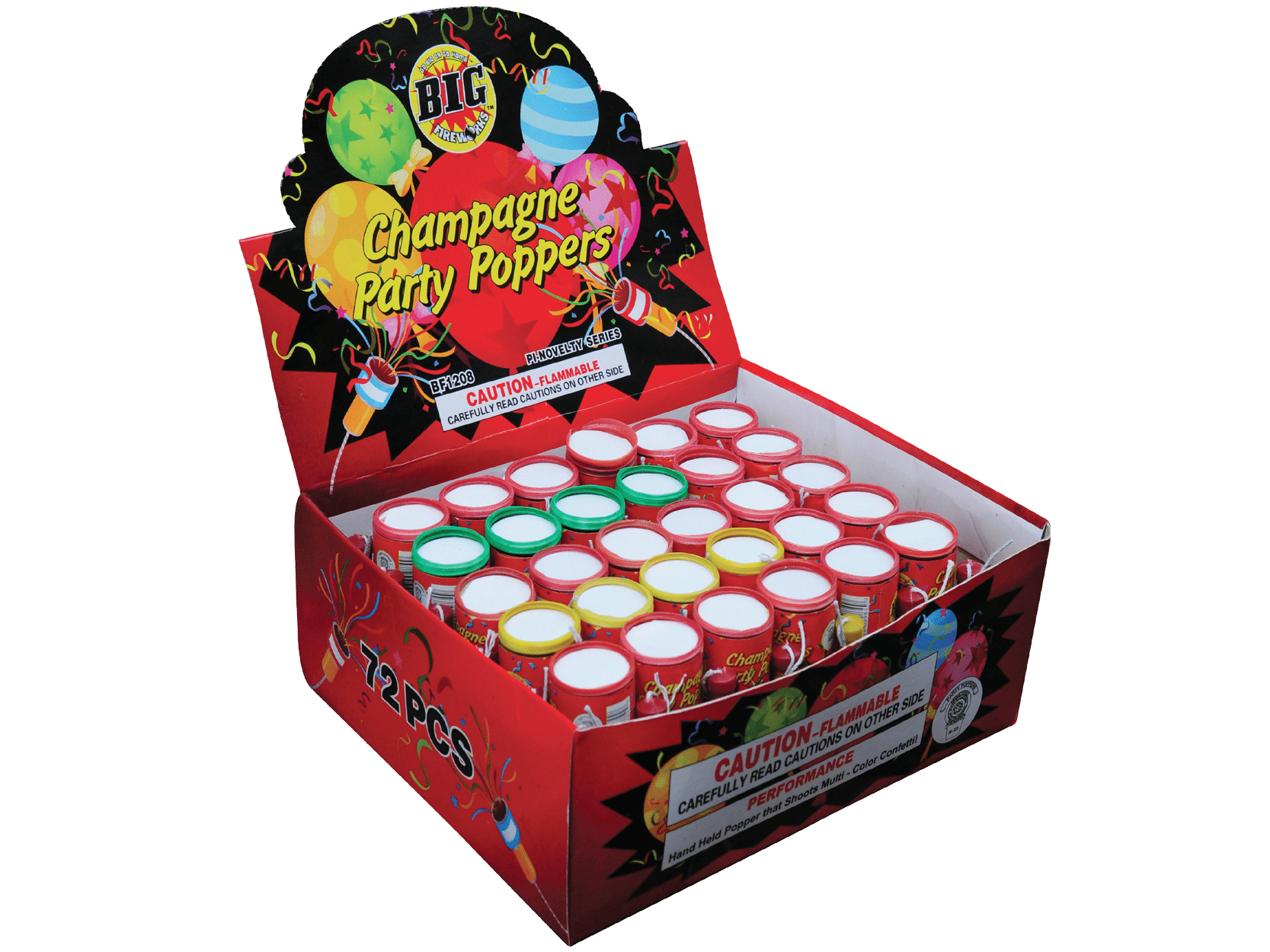Home » Capturing Impulse Buyers: The Strategic Role of POP Displays
Capturing Impulse Buyers: The Strategic Role of POP Displays
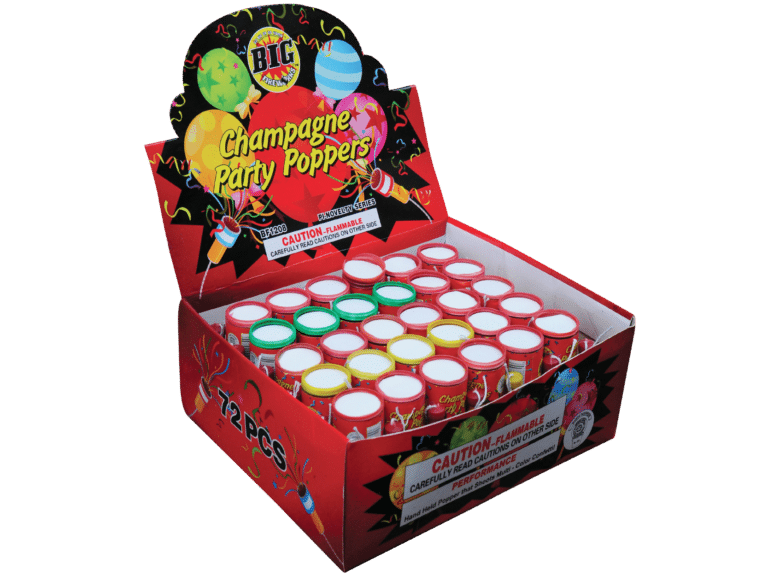
In the fast-paced retail environment, capturing the attention of impulse buyers is crucial for boosting sales. Point of Purchase (POP) displays are designed to grab shopper attention at the moment when buying decisions are made, making them a powerful tool for influencing impulse purchases. This blog explores how POP displays can be strategically used to target impulse buyers effectively.
Understanding Impulse Buyers
Impulse buyers are customers who make spontaneous purchase decisions triggered by seeing the product at that moment. These decisions are often driven by emotional appeal, convenience, or the allure of a good deal. Understanding the psychology of impulse buying is key to designing POP displays that convert passersby into buyers.
Designing POP Displays for Maximum Impact
Visual Appeal
The first step in capturing the attention of an impulse buyer is through striking visual design. Bright colors, bold fonts, and attractive graphics can make POP displays stand out. Incorporating eye-catching elements like flashing lights or digital screens can also draw more attention compared to static displays.
Strategic Placement
Placement of POP displays can significantly affect their success in capturing impulse buyers. High-traffic areas such as near the checkout lines, at the end of aisles, and close to the store entrance are prime locations. These spots are where customers are most likely to make last-minute purchase decisions.
Promotional Messaging
Effective POP displays use clear, compelling messages that create a sense of urgency or highlight exclusivity. Phrases like “Limited Time Offer,” “While Supplies Last,” or “Exclusive Deal” can prompt impulse buyers to act immediately to take advantage of the offer before it’s gone.
Product Accessibility
For an impulse buy to occur, the product must be easily accessible. POP displays should allow customers to easily pick up the product, examine it, and make a quick purchase. Interactive displays that encourage touching and engaging with the product can also increase the likelihood of impulse buys.
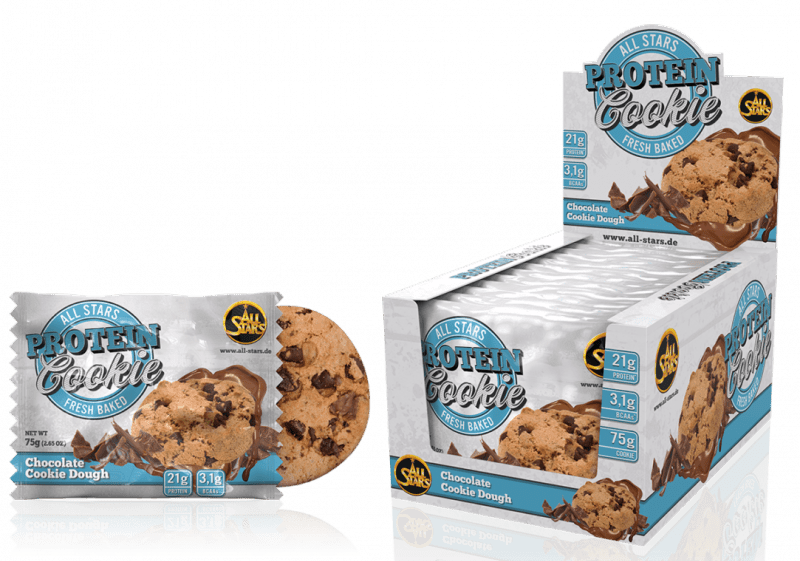
Leveraging Consumer Behavior Insights
Understanding Consumer Habits
Analyzing data on consumer behavior and shopping patterns can help tailor POP displays to the habits and preferences of target demographics. For instance, placing snack items in POP displays near the beverage section can capitalize on common buying patterns where shoppers who pick up drinks might also grab a quick snack.
Seasonal and Event-Based Targeting
Aligning POP displays with seasonal events or holidays can effectively target impulse buyers looking for gifts or celebratory items. For example, chocolate and candy displays are more effective near Valentine’s Day or Easter.
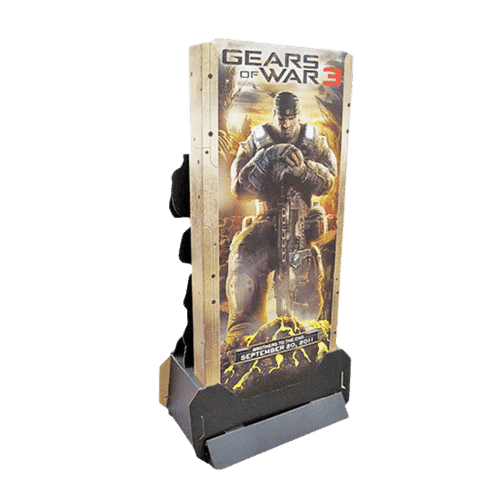
Measuring and Adapting
Testing Different Approaches
Retailers should test various designs and placements of POP displays to see what works best. A/B testing can provide valuable insights into which strategies are most effective at driving impulse purchases.
Adapting to Feedback
Regularly updating POP displays based on customer feedback and sales data can help maintain their effectiveness. Changing the display’s design, message, or placement in response to observed customer behaviors can optimize their impact.
If you are interested in POP displays, then partner with Brown Packaging today to get started.
Affordability used to be a quiet compromise — a goal that lived behind the scenes while marketing focused on gloss and finish. But in today’s market, affordability has become a
The Challenge Parakeet Cafe was preparing a holiday coffee blend promotion and needed custom digital printed pouches that reflected a festive, premium look. While the team knew the pouch size
Premium packaging sells — until it doesn’t. In an environment where raw material costs, shipping rates, and consumer budgets all fluctuate, the smartest brands are learning that premium doesn’t always
Dimensional (DIM) weight pricing has become a major driver of shipping costs in e-commerce and industrial supply chains. Carriers charge based on the greater of actual or dimensional weight, which
Home » Capturing Impulse Buyers: The Strategic Role of POP Displays


